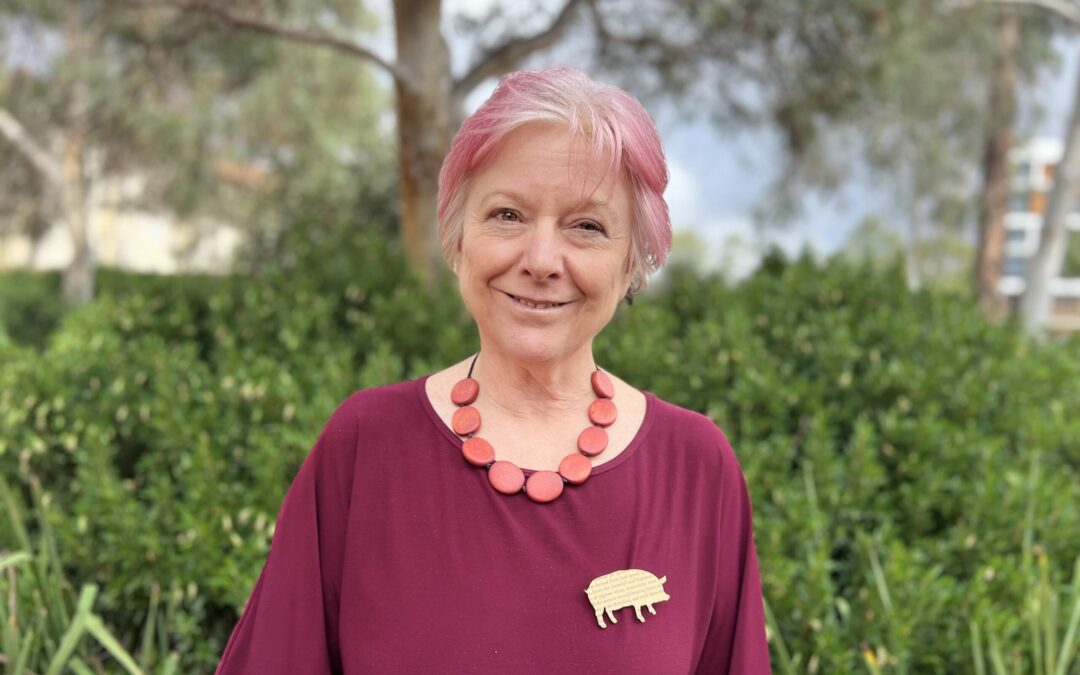Many people seem to misunderstand the phrase ‘toxic masculinity’. It implies, they claim, that masculinity, in and of itself, is toxic. However, it only takes a reasonable understanding of the English language to realise such an interpretation is just plain silly. We all know that there are toxic plants, such as oleander and deadly nightshade, but that doesn’t mean all plants are poisonous.
Masculinity – which is not the same as being born male – is not necessarily toxic. It is also not necessarily innate. If it was, why would society still fiercely police the colours little boys can wear or the toys they can play with?
I was shocked when I saw on Twitter someone declare that if he caught his son playing with a dolls’ house he’d smash it to pieces. Why the need for such drastic action if masculinity is just part of male DNA? This tweet, by the way, is a very precise example of toxic masculinity.
Men who are comfortable in their masculinity don’t need to go around smashing dolls’ houses or proving their virility at every turn. They don’t need to earn more money than their wives to feel manly. They don’t feel the need for aggression when a woman dares to voice an alternative opinion. They don’t feel emasculated by nurturing their children or doing household chores. They don’t need to harass or intimidate women to prove their male superiority. Their sense of themselves as a man remains secure even when they perform stereotypically female tasks or express what we still see as softer emotions.
In fact, toxic masculinity looks to me very much like a shouty mask for fragile masculinity.
In fact, toxic masculinity looks to me very much like a shouty mask for fragile masculinity. Just as it has become commonplace to expect that the political and religious figures who pontificate most vociferously about “traditional family values” will be found in flagrante doing precisely what they condemn, so it seems to me that those who rail against the demonisation of men may not have as firm a grasp on their identity as they would like us to believe.
And for those who have asked if there is such a thing as toxic femininity, there is. I am not a fan of stereotypical femininity in general— it is not straightforward enough for me. But, like masculinity, it is not toxic in and of itself.
Toxic femininity, like its masculine counterpart, is when the female stereotype is taken to extremes.
I like pretty clothes, make-up and brightly coloured nail polish as much as anyone. Toxic femininity, like its masculine counterpart, is when the female stereotype is taken to extremes. Women who judge other women more harshly than men for the same behaviour are a common example of toxic femininity.
 The most damaging examples, however, are the very rare (though much beloved by crime showrunners) Munchausen Syndrome by Proxy. This is a mental illness where mothers so enjoy their role as hero-nurturer they poison their own children to keep them perpetually sick. Literally toxic, in other words.
The most damaging examples, however, are the very rare (though much beloved by crime showrunners) Munchausen Syndrome by Proxy. This is a mental illness where mothers so enjoy their role as hero-nurturer they poison their own children to keep them perpetually sick. Literally toxic, in other words.
Feminists like me are not man-haters. Most of us love our fathers, sons, brothers, male colleagues, friends and partners. What we hate is the damage we see toxic masculinity do to many men. While it would be beyond awful to have a daughter who is attacked or abused by some man in the grip of toxic masculinity, how horrible would it be to have a son so damaged by it that he committed such a crime?
A version of this article originally appeared in The Big Smoke.




